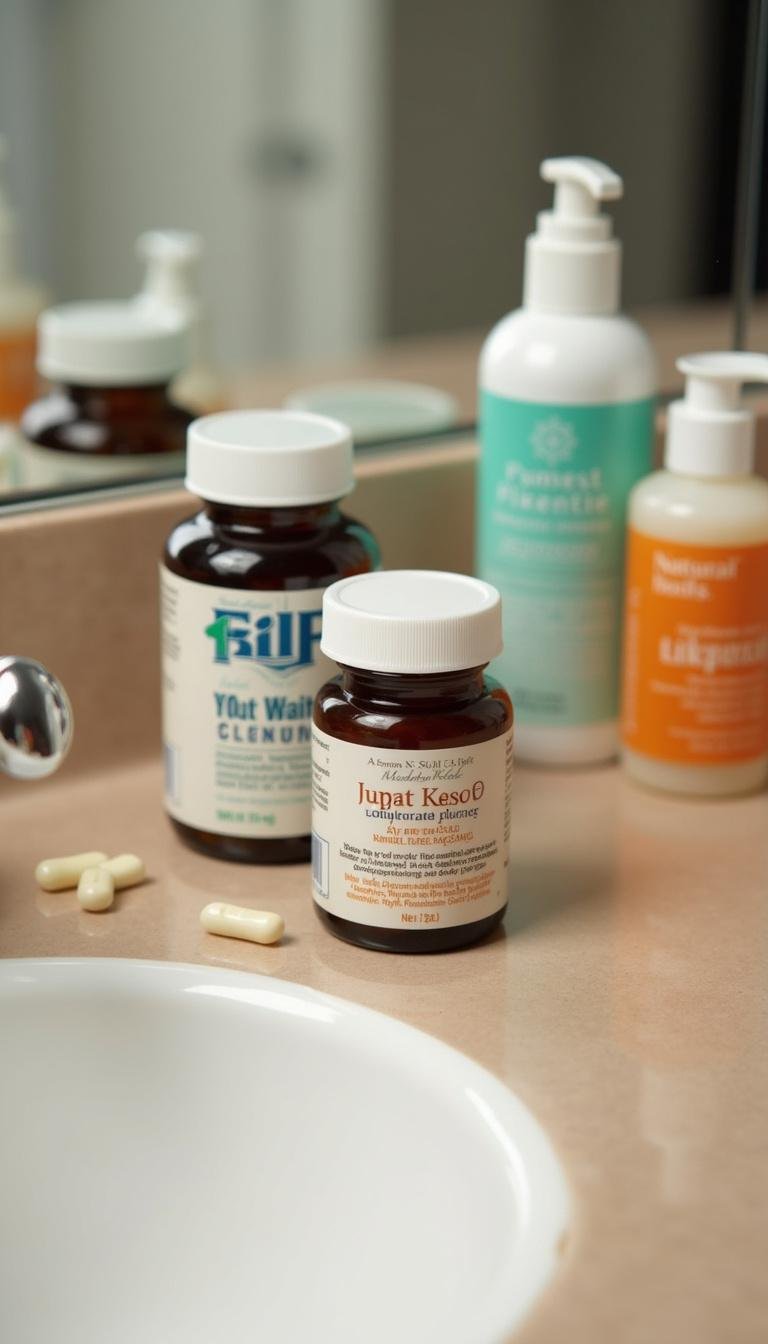1. Introduction
Menopause is an inevitable milestone in a woman’s life, signifying the end of her reproductive years, and it is accompanied by significant hormonal shifts. These hormonal changes, primarily fluctuations in estrogen and progesterone, can have profound effects on sexual health and overall quality of life. Understanding what is considered normal during menopause and exploring effective ways to sustain a healthy, satisfying sex life are essential aspects of managing this transition. This comprehensive guide, Menopause & Sex: What’s Normal and What Can Help, will cover common concerns, practical strategies, and available support options for women navigating menopause. Whether you’re experiencing menopausal symptoms or supporting someone who is, having accurate information empowers you to enjoy a fulfilling and passionate sexual life despite hormonal changes. Additionally, amidst these hormonal changes, many women also face financial challenges such as managing student debt—learning about student loan forgiveness and other student debt relief options can provide financial peace of mind, allowing you to focus on your well-being.
2. Understanding Menopause and Its Impact on Sexual Health

Menopause typically occurs between the ages of 45 and 55, marking the cessation of menstrual cycles. During this time, women often experience erratic hormone levels, particularly a decline in estrogen and progesterone, leading to a range of symptoms such as hot flashes, mood swings, and changes in sexual function. These hormonal fluctuations can cause vaginal dryness, reduced libido, and discomfort during intimacy. Many women wonder what’s normal during menopause regarding sexual health and how to manage these issues effectively. Just as managing college debt through programs like student loan forgiveness can provide financial relief, adopting appropriate strategies can greatly improve menopausal sexual wellness.
3. What Is Considered Normal During Menopause in Terms of Sexual Activity?
It is perfectly normal to experience changes in sexual desire and response during menopause. Many women notice a decrease in libido, vaginal dryness, or mild discomfort during sex. These symptoms are influenced by hormonal shifts and vary widely among individuals. Recognizing what’s normal and when to seek medical advice can help women navigate these changes confidently. Similar to exploring building intimacy outside the bedroom, understanding these normal variations allows for a better, more connected sexual experience. Many women find that with the right management, sexual activity can remain pleasurable even during menopause, especially when supported by effective sexual health solutions like lubricants or hormone therapy.
4. Practical Strategies to Improve Sexual Well-being During Menopause

Enhancing sexual health during menopause involves practical and approachable strategies:
- Using lubricants and vaginal moisturizers: These products are essential tools for managing vaginal dryness and ensuring comfort during intimacy. Reputable options like personal lubricants can make a significant difference.
- Open communication with your partner: Discussing changes and needs fosters understanding and enhances intimacy. Couples often find that exploring new ways to connect, such as couples’ games or deepening questions, can improve emotional bonds and sexual satisfaction.
- Regular physical activity: Exercise like yoga, as shown in the image below, boosts circulation, mood, and overall sexual function. Incorporate routines supported by resources like sex position guides to add variety and excitement to your intimacy.
- Hormone therapy options: Under medical supervision, hormone replacement therapy (HRT) can alleviate many menopausal symptoms including sexual discomfort and low libido.
- Incorporating supplements: Natural supplements designed for menopause, such as phytoestrogens or herbal remedies, can help support hormonal balance and improve sexual wellness, similar to how natural remedies assist in health management.
5. Lifestyle Choices to Support Sexual Wellness During Menopause

Supporting sexual wellness during menopause heavily depends on lifestyle choices:
- Eating a balanced, nutrient-rich diet: Proper nutrition supports hormone health and overall vitality. Supplements for higher education funding like balanced nutrition can be beneficial.
- Stress reduction techniques: Practices such as meditation, deep breathing, or yoga (pictured below) can lower stress levels, which directly impacts libido and sexual satisfaction.
- Getting enough quality sleep: Sleep impacts hormone regulation and emotional resilience. Establishing good sleep hygiene is a vital part of managing menopausal symptoms.
- Avoiding smoking and excessive alcohol consumption: These can worsen menopausal symptoms and negatively affect sexual health.
- Engaging in regular exercise: Activities like yoga strengthen the body and mind, creating a positive feedback loop for sexual vitality and mental health.
6. Support and Community Resources for Women During Menopause

Having access to strong support networks and educational resources can help women navigate menopause with confidence. Consider the following:
- Support groups: Joining local or online support groups offers emotional comfort and practical tips. For additional insights, explore articles on cultural taboos around sex.
- Consultations with healthcare providers: Gynaecologists or sexual health specialists can provide personalized treatments, including hormone therapy and other options tailored to your needs.
- Educational workshops and seminars: These programs can improve understanding of menopausal health and intimacy strategies.
- Online support forums: Digital platforms allow women to share experiences anonymously, providing continual support.
7. FAQs About Menopause & Sexual Health
What is considered normal during menopause in terms of sexual desire?
It is normal for sexual desire to vary significantly during menopause. Changes depend on individual health, hormonal fluctuations, and lifestyle factors. Maintaining open communication with partners and consulting healthcare providers for personalized advice can help in managing these shifts effectively. Similar to understanding building intimacy outside the bedroom, recognizing and accepting your changing desires fosters a healthier sexual connection.
Can menopause cause sexual discomfort?
Yes, many women experience vaginal dryness and discomfort during sex due to decreased estrogen levels. Using lubricants or vaginal moisturizers, and seeking medical options such as localized estrogen therapy, can provide significant relief and restore comfort.
How can hormone therapy help with sexual health during menopause?
Hormone therapy, administered under medical supervision, can help restore estrogen levels, mitigating symptoms such as vaginal dryness and low libido. This enhances overall sexual satisfaction and confidence during menopause.
Are there natural remedies for menopause-related sexual issues?
Yes, natural approaches including phytoestrogen-rich foods, lifestyle modifications, and stress management techniques can support sexual health. Always consult your healthcare provider before starting supplements or alternative therapies to ensure safety and effectiveness.
8. Conclusion
Menopause represents a natural transition that, with the right knowledge and support, does not have to diminish your sexual vitality. By understanding what’s normal during menopause and adopting effective strategies—including using recommended lubricants, engaging in supportive community resources, and exploring treatment options—you can maintain a vibrant and fulfilling sex life. Remember that assistance from healthcare professionals and community support networks is vital during this phase. Embrace this new chapter with confidence, prioritizing your physical and emotional health, and consider financial peace of mind through resources like student loan forgiveness programs to help ease other life stresses, so you can focus on enjoying your sexual and personal well-being.

